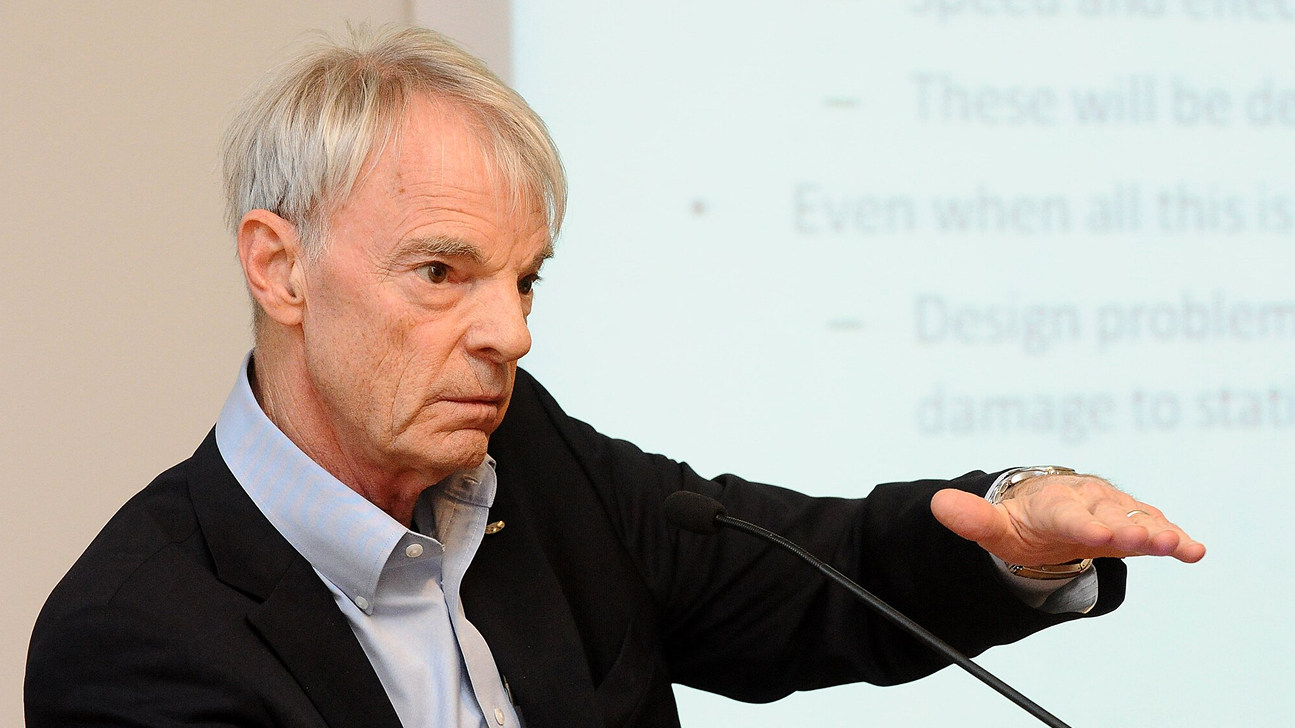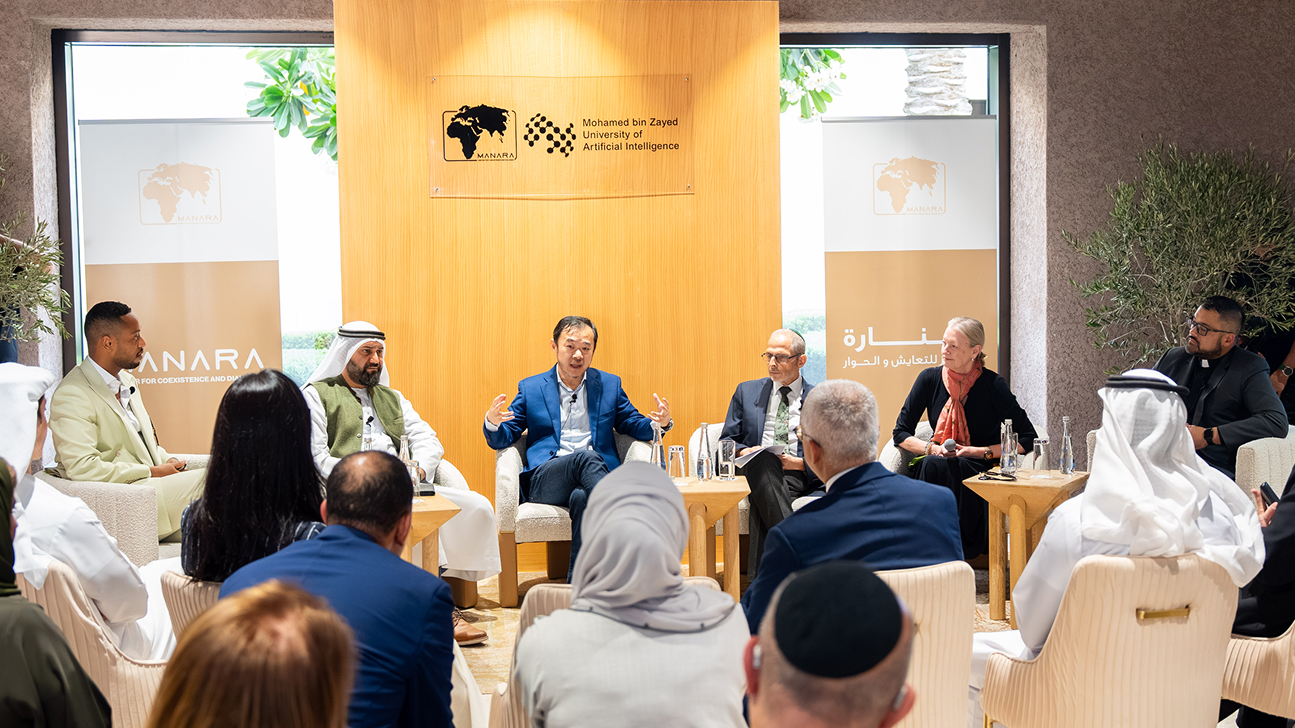A Glass Bead Game of *-ology: Contemporary Computational Approaches to Linguistic Morphology, Typology and Social Psychology
Wednesday, March 29, 2023
In this talk, I will discuss how NLP models can be used to advance other research fields such as linguistic morphology, typology, and social psychology. Contemporary models are especially good at capturing regular patterns in data. To what extent can we use them to study and better understand the dynamics of language?
In the first part, I will focus on models of morphology, the internal structure of words, which is often considered to be highly regular. I will present the UniMorph project, a universal (cross-lingual) annotation schema and a database that currently provides morphological paradigms for over 150 languages. This database not only serves to compare computational models of inflectional morphology in terms of their ability to generalize across many typologically diverse languages but can also be used to estimate morphological complexity of languages.
In the second part of the talk, I will continue with a discussion of computational approaches that are used to explore and predict regular phonetic changes in words that happened over time.
The final part of the talk will be devoted to diachronic changes in language semantics. I will present current approaches to assessing lexical semantic change and illustrate them with examples of changes in the key concepts of social psychology that took place since the 1960s.
Post Talk Link: Click Here
Passcode: ^%7U8Sst
Speaker/s
Ekaterina Vylomova is a Lecturer at the School of Computing and Information Systems, the University of Melbourne. She received a PhD in Computer Science from the University of Melbourne in 2018. Her research focuses on modeling of word formation, neural machine translation, computational approaches to linguistic typology and social psychology. She aims to explore systematicity and regularities in Language, and vice versa, utilize the regularities in linguistic structures to improve NLP models and learning algorithms, with a focus on under-resourced languages and their documentation. Ekaterina co-organized the SIGTYP 2019 – 2023 workshops and shared tasks and the SIGMORPHON 2017 – 2023 shared tasks on morphological reinflection.
Related
Nobel Laureate Michael Spence on how AI is redefining the global economy
Nobel Prize-winning economist Michael Spence explains how AI is reshaping the economic landscape and what is needed.....
- digital policy ,
- governance ,
- Nobel Prize ,
- guest talk ,
- guest lecture ,
- economics ,
- Economy ,
- Undergraduate ,
Understanding faith in the age of AI
MBZUAI hosted a panel discussion in collaboration with the Manara Center for Coexistence and Dialogue focused on.....
- connection ,
- discussion ,
- religion ,
- spirituality ,
- faith ,
- conversation ,
- panel ,
- Human–computer interaction ,

